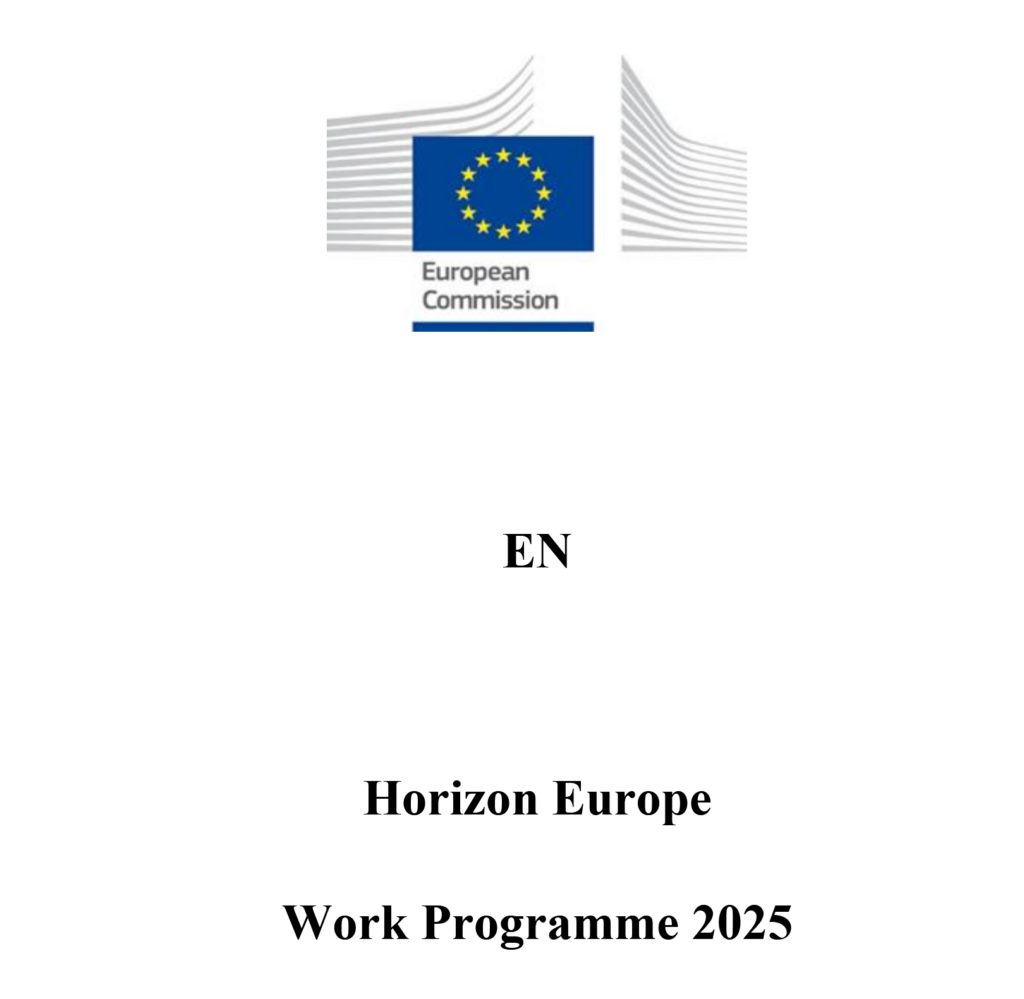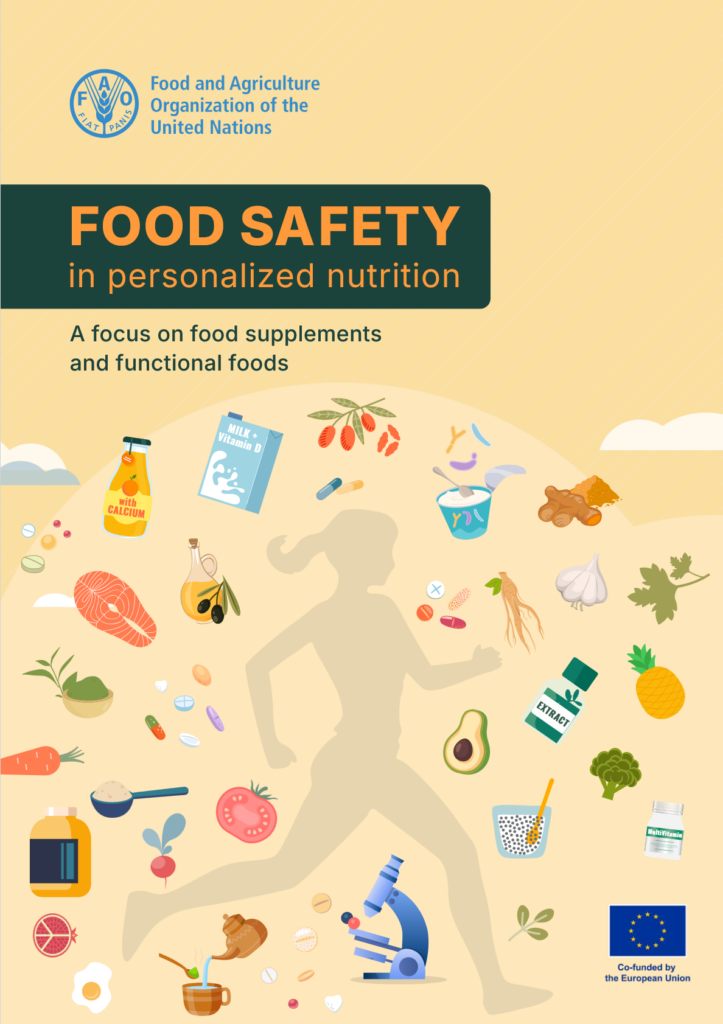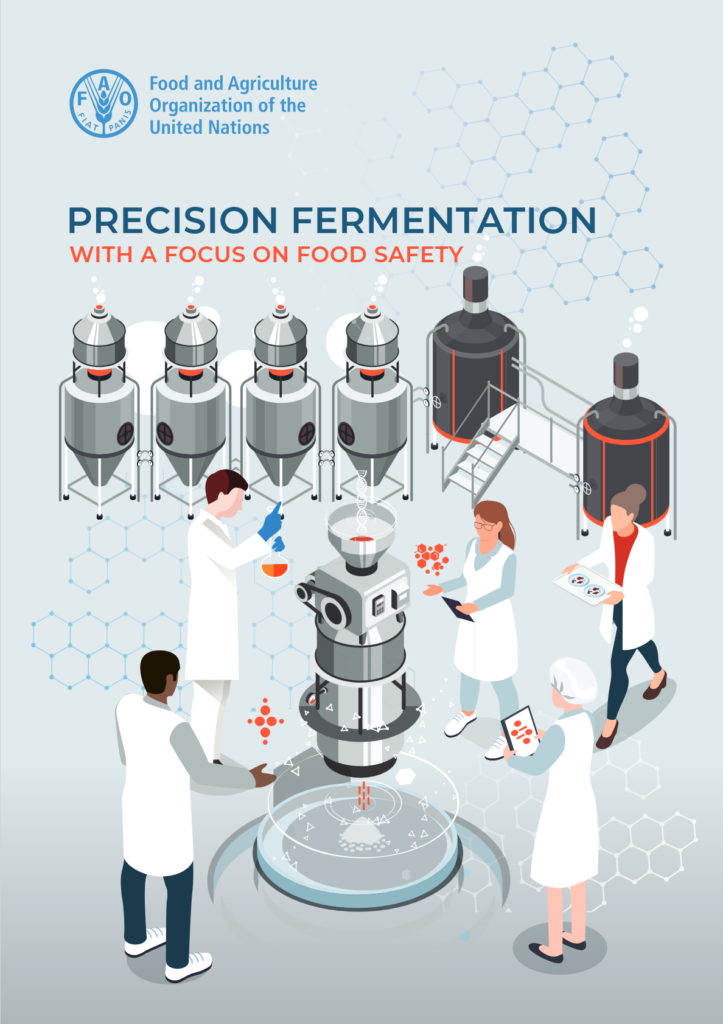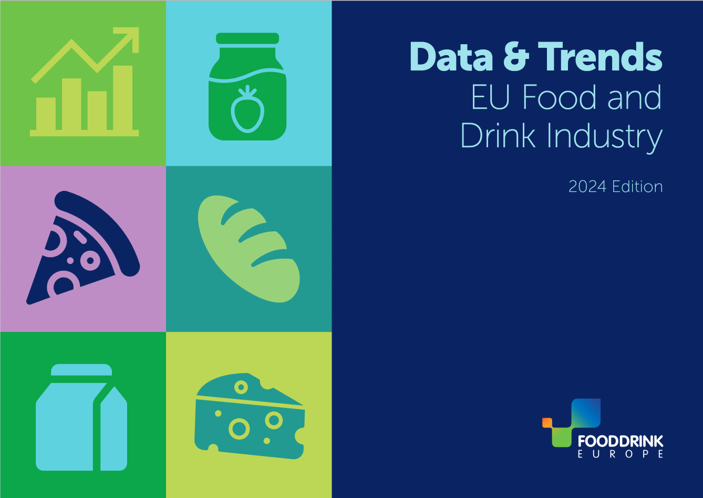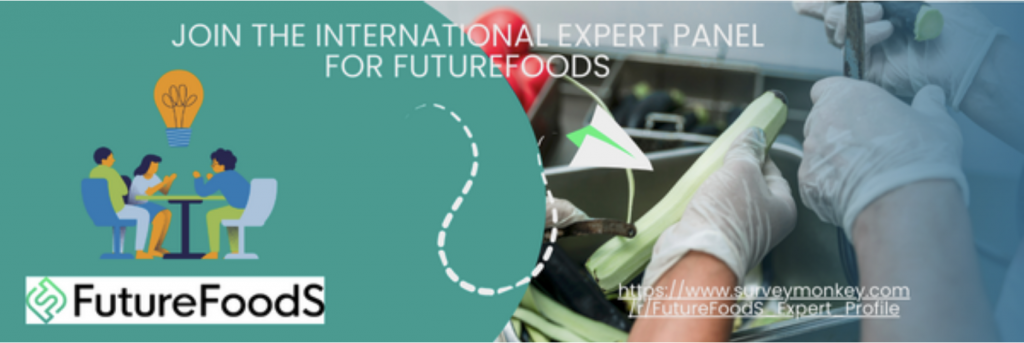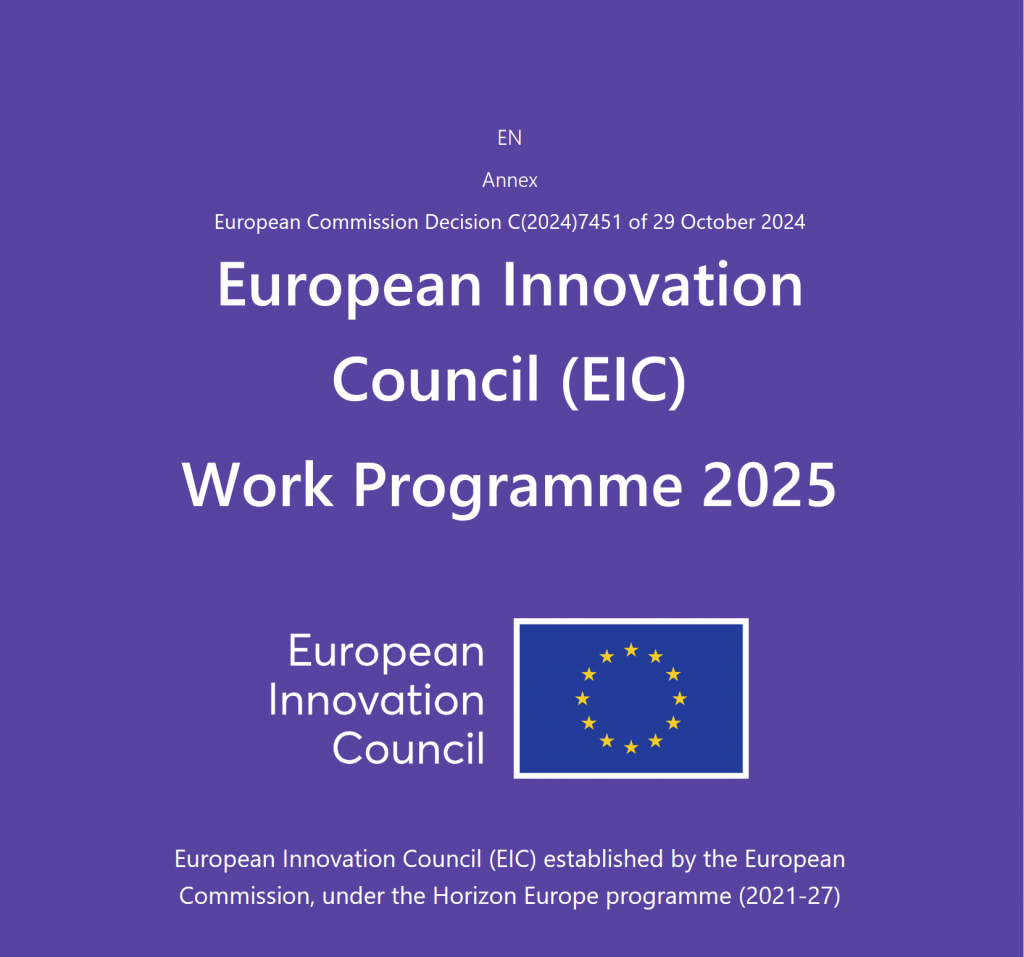Rapid screening methods are crucial for controlling mycotoxin contamination in food and feed. These methods, utilized by both official control laboratories and food/feed operators, serve different purposes and require distinct validation approaches. The European Union has set legal guidelines to standardize these validation procedures, especially for official controls, to ensure consistency in detecting mycotoxins and other important analytes like pharmacologically active substances. The chapter compares these guidelines, highlighting both similarities and differences.
For business operators, the need for quantitative results often drives the adoption of rapid screening techniques, particularly when used in larger monitoring programs or risk assessments. The chapter also emphasizes the role of Bayesian statistics in selecting the right methods based on expected contamination levels and specific purposes.
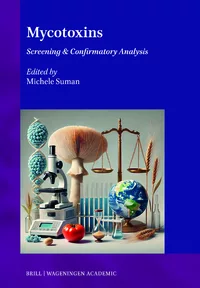
This chapter, authored by Christoph von Holst (European Commission, Joint Research Centre, Geel, Belgium) and Veronica M.T. Lattanzio (Institute of Sciences of Food Production, National Research Council of Italy, Bari, Italy), provides a comprehensive overview of the validation and application of rapid screening methods, illustrating their significance in ensuring food safety through real-world examples and statistical approaches.

